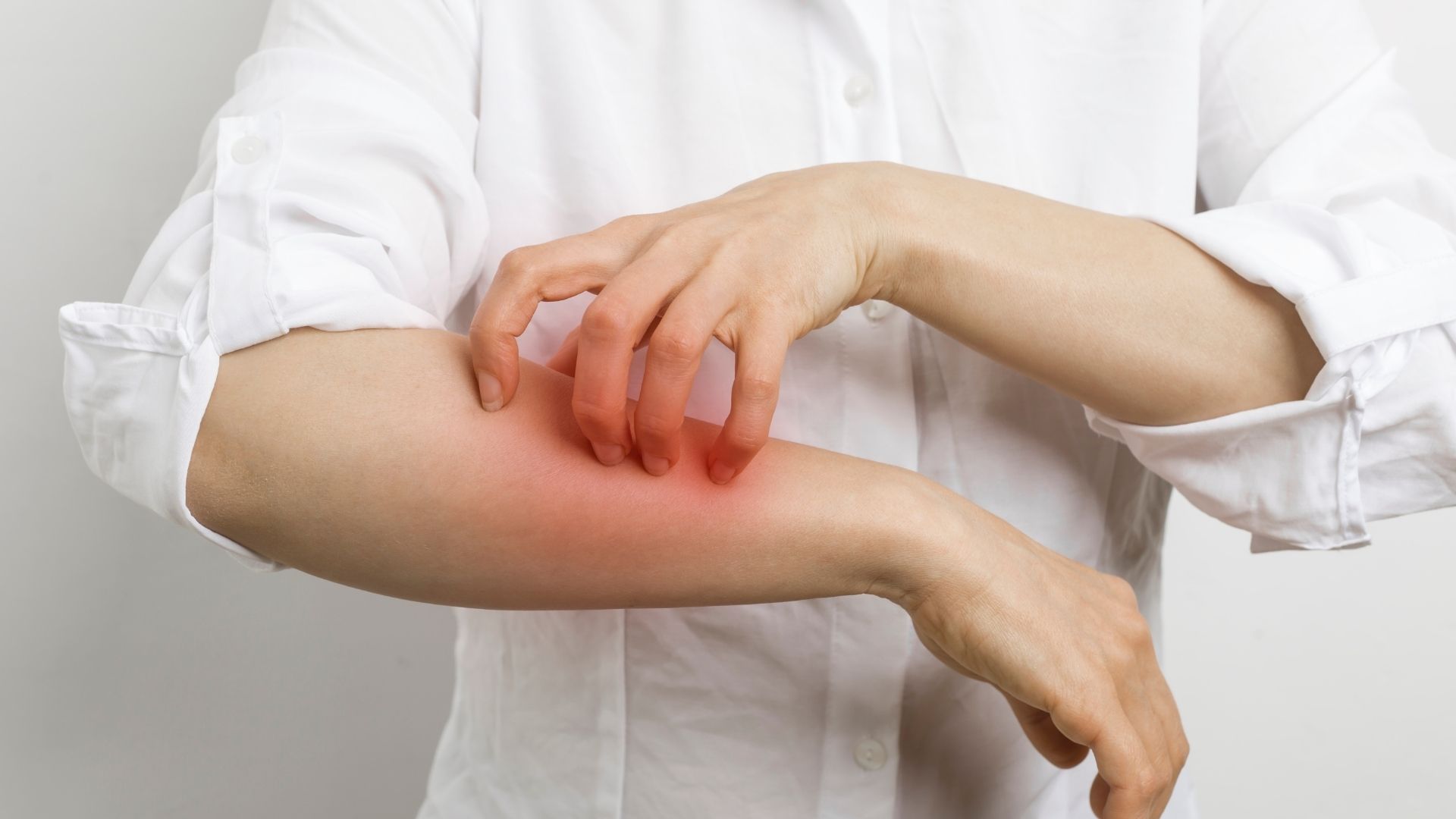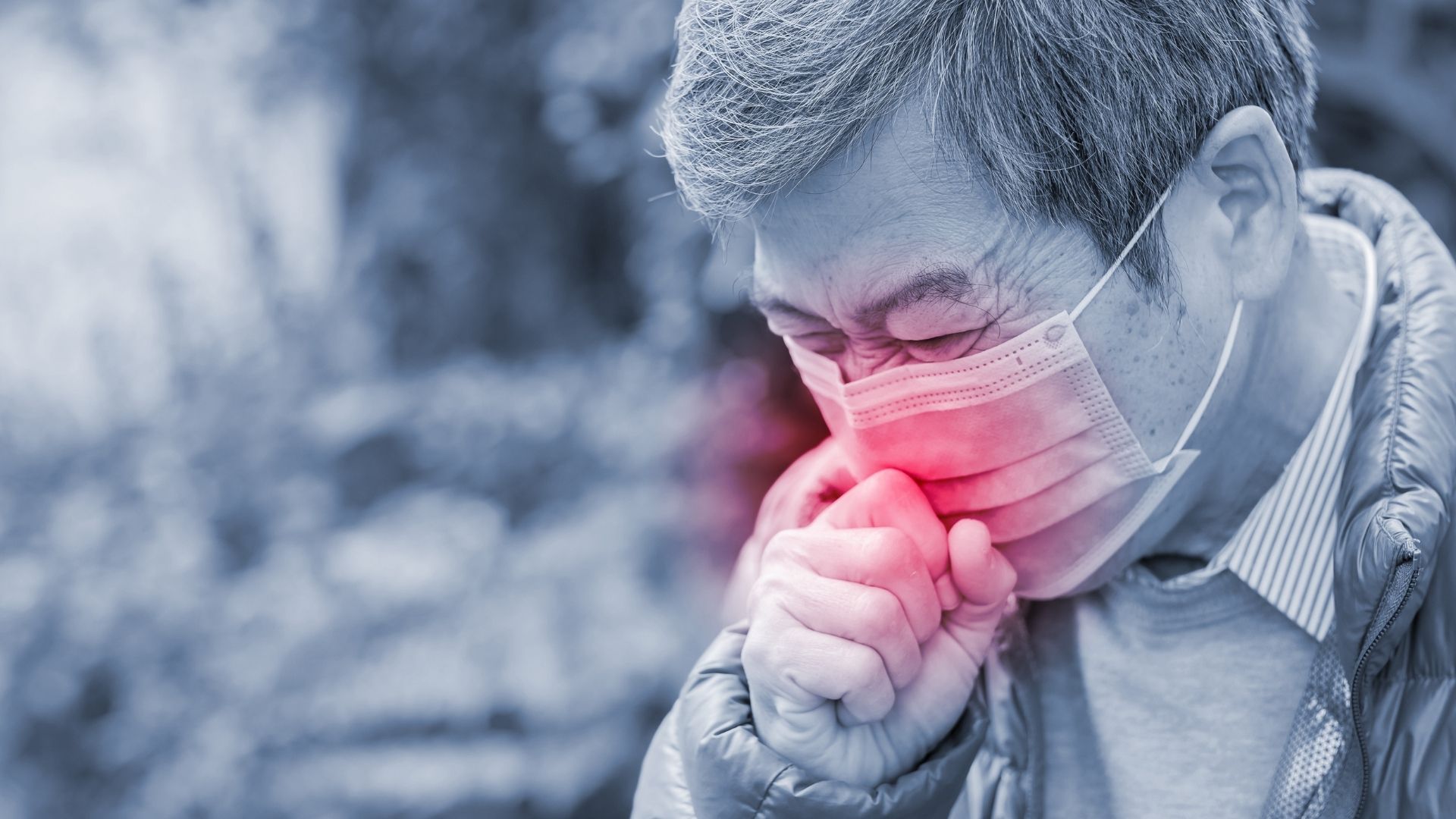Rashes in children are common and usually harmless, but some require medical attention. Symptoms include redness, itching, and bumps. Common causes range from infections to allergies. DoctorTora provides convenient telemedicine consultations for diagnosis and personalized care, ensuring your child’s comfort and your peace of mind.
Causes, Symptoms, and Treatment
Introduction
Rashes in children are common and can appear suddenly, causing discomfort and concern for parents. While many rashes are harmless and resolve on their own, some may indicate an underlying condition that requires medical attention.
With telemedicine services like DoctorTora, you can quickly consult a healthcare provider to identify the cause of your child’s rash and get personalized advice without leaving home. This article provides a comprehensive guide to understanding, managing, and seeking care for rashes in children.
What is a Rash?
A rash is any change in the skin’s texture or color, often characterized by redness, bumps, or irritation. Rashes can occur anywhere on the body and vary in appearance depending on the cause.
In children, rashes are often a symptom of an underlying condition, such as an infection, allergy, or skin irritation. Identifying the type and cause of the rash is essential for effective treatment.
Common Symptoms and Causes of Rash in Children
Symptoms
Rashes can present with various symptoms, including:
- Redness or discoloration of the skin.
- Raised bumps or spots.
- Itchiness or irritation.
- Dry, flaky skin or oozing blisters.
- Swelling or tenderness in the affected area.
- Fever or other systemic symptoms accompanying the rash.
Common Causes
- Infections: Viral illnesses like chickenpox, measles, or hand-foot-and-mouth disease.
- Allergic reactions: Triggered by foods, medications, or environmental allergens.
- Irritants: Such as soaps, detergents, or rough fabrics.
- Heat rash: Caused by excessive sweating and blocked sweat glands.
- Eczema: A chronic condition causing dry, itchy, and inflamed skin.
- Insect bites: Reactions to mosquito or flea bites.
- Contact dermatitis: A reaction to specific irritants or allergens, like poison ivy.
How is Rash in Children Diagnosed?
Diagnosing the cause of a rash typically involves:
- Medical history: Discussing your child’s recent activities, exposures, and symptoms.
- Physical examination: Observing the rash’s location, pattern, and characteristics.
- Allergy testing: If an allergic reaction is suspected.
- Skin swabs or blood tests: To identify infections or other underlying causes.
With DoctorTora, you can describe your child’s rash and symptoms during an online consultation. The doctor may request photos of the rash to provide a more accurate diagnosis and recommend appropriate treatment.
How is Rash in Children Treated?
Medications
Treatment depends on the cause of the rash. Common medications include:
- Antihistamines: To relieve itching caused by allergies.
- Topical corticosteroids: For reducing inflammation in eczema or contact dermatitis.
- Antibiotics: If the rash is caused by a bacterial infection.
- Antiviral medications: For certain viral infections, like chickenpox.
- Antifungal creams: For fungal infections, such as ringworm.
Non-Medication Strategies
- Moisturizers: To hydrate and soothe dry skin.
- Oatmeal baths: For relieving itching and irritation.
- Cool compresses: To reduce redness and swelling.
Always consult a doctor before using over-the-counter medications, especially for young children.
Self-Care Instructions for Rash in Children
In addition to medical treatments, these steps can help manage your child’s rash at home:
- Keep the skin clean and dry: Gently wash the area with mild soap and water.
- Avoid scratching: Trim your child’s nails and use mittens for younger children to prevent irritation.
- Use hypoallergenic products: Choose gentle soaps, detergents, and clothing materials.
- Apply cool compresses: To soothe itchiness or burning sensations.
- Hydrate the skin: Apply a gentle, fragrance-free moisturizer to the affected area.
When to Seek Care with Telemedicine for Rash in Children
For rashes that are persistent, worsening, or causing discomfort, a telemedicine consultation with DoctorTora can provide quick and effective solutions.
Steps to Seek Telemedicine Care:
- Download the DoctorTora app from the App Store or Google Play.
- Select “Skin Problems” under symptoms on the home screen.
- Queue for an immediate consultation or book an appointment for a convenient time.
- Receive a consultation report with a detailed treatment plan and a prescription if necessary.
Telemedicine is ideal for non-urgent cases of rashes, such as mild eczema, diaper rash, or suspected allergies.
When to Seek Urgent Care at a Physical Hospital for Rash in Children
While most rashes are harmless, certain symptoms may indicate a more serious condition that requires immediate attention:
- Fever: Accompanying the rash, especially if above 39°C.
- Swelling of the lips or face: A sign of a severe allergic reaction (anaphylaxis).
- Breathing difficulties: Or wheezing alongside the rash.
- Rapid spreading: Of the rash over the body.
- Blisters or open sores: That appear infected or oozing pus.
- Unresponsiveness or lethargy: In addition to the rash.
If your child experiences any of these symptoms, seek urgent care immediately.
FAQ
- Can rashes in children be prevented?
While not all rashes can be prevented, using gentle skincare products, maintaining good hygiene, and avoiding known allergens can reduce the risk. - Are rashes in children contagious?
Some rashes, like chickenpox or measles, are highly contagious, while others, like eczema, are not. - How long do rashes typically last in children?
The duration depends on the cause. Mild rashes may resolve within a few days, while chronic conditions like eczema may require ongoing management.
Related Articles
Discover more on our website:
- Understanding Allergies in Children
- Eczema: Managing Dry and Itchy Skin
- Insect Bites: When to Worry and How to Treat
Rashes in children can be alarming, but most are manageable with the right care and attention. If you’re unsure about your child’s symptoms, DoctorTora is here to help. Download the app today to consult a qualified doctor and get expert advice for your child’s health and comfort.



